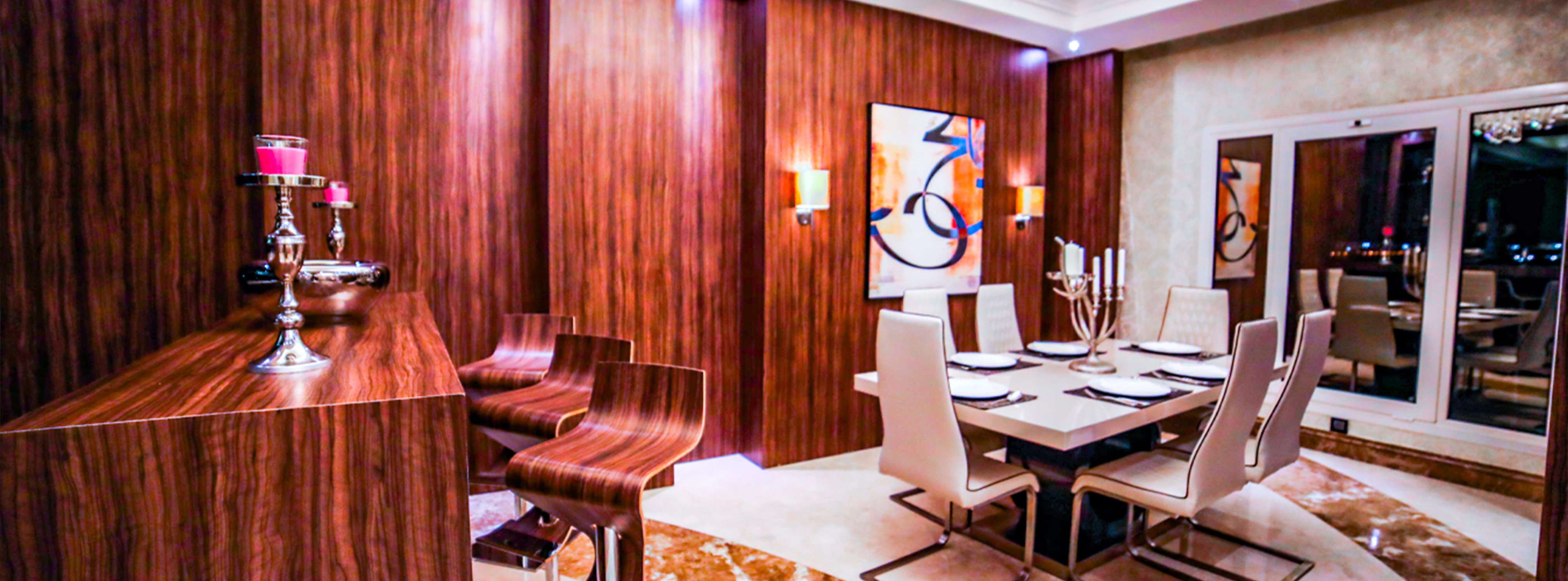
5 Psychological Techniques to Double Your Customers

5 Psychological Techniques to Double Your Customers

Recent years have seen a major shift in the use of psychological concepts and techniques to effectively engage with customers and clients in the dynamic and ever-evolving landscape of the hospitality industry. Understanding the intricacies of human psychology has become increasingly important. The convergence of psychology and hospitality has opened up new ways to engage with guests and clients, foster meaningful communication, and ultimately improve the overall guest experience. In this article, we present five psychological techniques to double your customers.
1. Behavioral Economics
In the field of hospitality, the principles of behavioral economics are deeply rooted in various aspects of guest interaction and service delivery. For example, hotels and restaurants use different pricing strategies in specific forms, relying on concepts such as anchoring or establishing a specific image with the guest. The "anchoring effect" makes expensive items appear more affordable and desirable, skillfully pushing guests toward specific options. This includes menu engineering and design, arranging menu items to influence the choices of restaurant or hotel guests, thus maximizing profitability.
2. Emotional Intelligence (EI)
Emotional Intelligence in the hospitality industry plays a pivotal role in facilitating meaningful interactions and transactions between guests and employees. Hospitality professionals trained in emotional intelligence are equipped to recognize and manage their emotions while empathizing with guests’ feelings. This enables them to provide personalized and emotional service, leading to increased guest satisfaction and loyalty.
Furthermore, emotional intelligence training helps resolve conflicts, allowing employees to defuse tense situations and turn negative experiences into positive ones. By strengthening emotional connections and understanding guests’ needs on a deeper level, hospitality establishments can create memorable experiences.
3. Positive Psychology
The principles of positive psychology are integrated into hospitality practices to enhance memorable and wonderful guest experiences. By prioritizing positive emotions such as joy, gratitude, and serenity, hospitality establishments aim to create environments that evoke feelings of well-being and satisfaction. This includes incorporating thoughtful gestures, personalized amenities, and friendly interactions into the guest experience. By promoting positive emotions, hotels and restaurants not only enhance guest satisfaction but also cultivate a loyal customer base that associates their brand with happiness and positivity, thus encouraging repeat visits and positive word-of-mouth promotion.
While employing emotional intelligence relies on understanding and effectively engaging with one’s own and others’ emotions, it is also an important element in managing one’s emotions effectively. For instance, a manager displaying calm and optimism in front of a team in the face of challenges can inspire confidence and motivation among team members. At the same time, employing positive psychology focuses on enhancing the positive aspects of life and stimulating ideal positive behavior in the guest’s psyche.
4. Personalization and Customization
Service personalization and customization have emerged as key strategies for differentiating brands and enhancing guest satisfaction in today’s highly competitive hospitality landscape. Through data analytics and guest profiles, hotels and restaurants can anticipate customer preferences and customize their offerings accordingly.
Whether it’s in-room amenities, dietary requirements, or entertainment, personalized and customized hospitality experiences make guests feel valued and understood, fostering a deeper emotional connection with the brand. By tailoring services to individual needs, hospitality establishments can create memorable experiences that leave a lasting impression and foster customer loyalty.
5. Neuroscience in Marketing
Insights and concepts from neuroscience are being harnessed to improve marketing strategies and enhance guest engagement in the hospitality sector. By studying the responses of consumers' minds to stimuli such as visual cues and sensory experiences, brands can design marketing materials and atmospheres that capture attention and evoke positive emotions.
Techniques such as Scent Marketing—which is the strategic use of fragrances at specific consumer touchpoints to influence behavior—are employed effectively. For example, a spa or hotel might use soothing scents like lavender and chamomile to help customers relax, encourage purchases, or enrich their hospitality experience.
Key words:
Hotels
Hospitality
Marketing
Psychological Techniques
Customers
Viewed By: